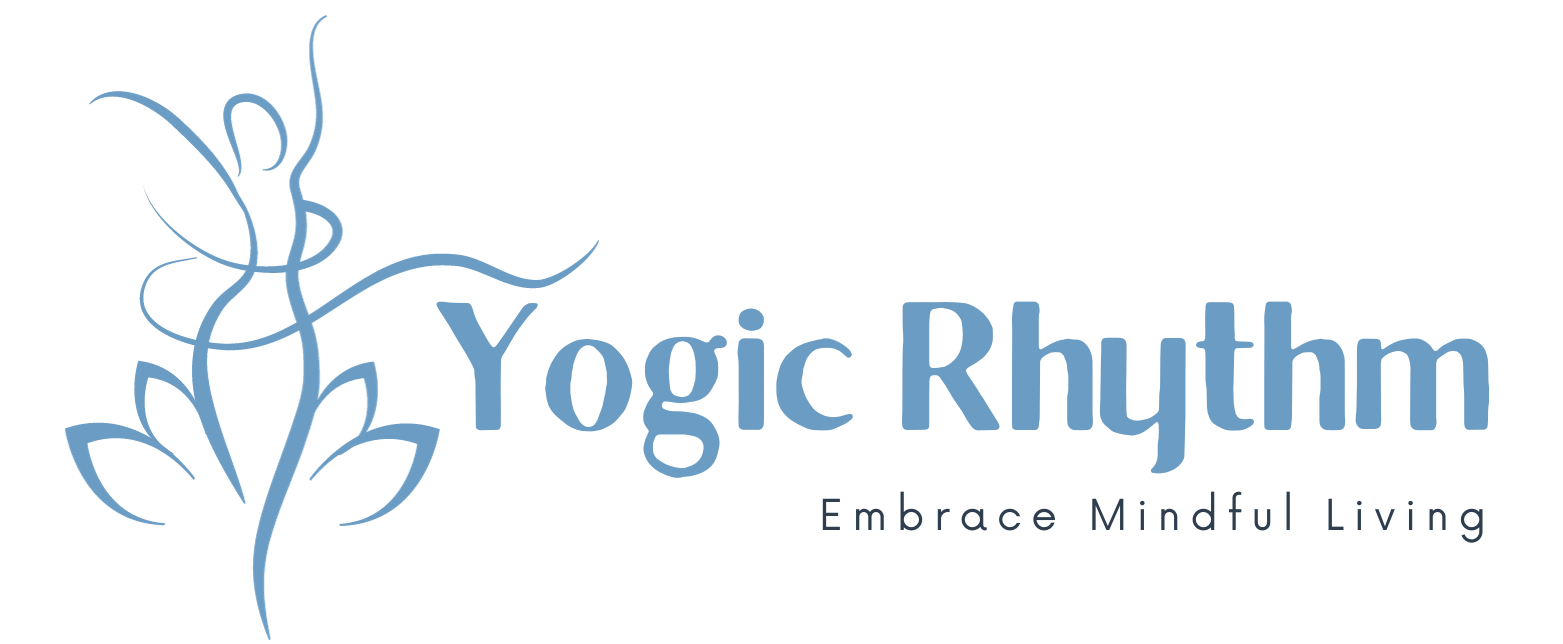Introduction: Meditation is a practice that offers a plethora of physical, mental, and emotional benefits. Among the various meditation techniques, two popular approaches stand out: Mindfulness Meditation and Transcendental Meditation. While both aim to promote well-being and inner peace, they differ in their methods and philosophies. This article explores the distinctions between Mindfulness Meditation and Transcendental Meditation and helps you determine which might be the right fit for you.
Mindfulness Meditation:
The Essence of Mindfulness:
Mindfulness Meditation is derived from Buddhist traditions and centers on the practice of mindfulness, which involves being fully present and aware in the moment.
The Practice:
In Mindfulness Meditation, practitioners focus on their breath, bodily sensations, and thoughts without judgment. It’s about observing and accepting whatever arises in the mind.
Benefits:
- Stress reduction
- Improved focus and concentration
- Emotional regulation
- Greater self-awareness
- Enhanced compassion and empathy
Transcendental Meditation:
The Path to Transcendence:
Transcendental Meditation (TM) is rooted in the Vedic tradition and aims to reach a state of pure awareness or transcendence. It often involves the use of a specific mantra.
The Practice:
During TM, practitioners silently repeat their unique mantra for about 15-20 minutes, allowing the mind to transcend ordinary thinking and reach a state of restful awareness.
Benefits:
- Reduced stress and anxiety
- Improved overall well-being
- Enhanced creativity and problem-solving
- Increased energy and vitality
- Deep relaxation
Key Differences:
Philosophy:
Mindfulness Meditation emphasizes being fully present and accepting of your thoughts and feelings. Transcendental Meditation focuses on transcending ordinary thought to reach a state of pure awareness.
Technique:
In Mindfulness Meditation, there is no specific technique to follow, and the practice often involves observing the breath and bodily sensations. In Transcendental Meditation, the use of a mantra is a central technique.
Duration:
Mindfulness Meditation sessions can vary in length, and the practice can be incorporated into daily activities. Transcendental Meditation typically involves two 15-20 minute sessions each day.
Access:
Mindfulness Meditation can be learned through various resources, including books, online courses, and classes. Transcendental Meditation is often taught by certified instructors after an initial personalized session.
Choosing the Right Meditation for You:
Consider Your Goals:
Your choice should align with your goals. If you seek greater self-awareness, emotional balance, and mindfulness in your daily life, Mindfulness Meditation may be the right fit. If you are drawn to the idea of reaching a state of pure awareness and deep relaxation, Transcendental Meditation could be your choice.
Personal Preference:
Consider your personal preferences. Some individuals resonate with the philosophy and techniques of one approach more than the other. It’s essential to choose a meditation style that feels comfortable and sustainable for you.
Experiment:
You can always experiment with both approaches to see which one resonates more with you. Many people find value in integrating elements of both into their meditation practice.
Conclusion: Both Mindfulness Meditation and Transcendental Meditation offer unique benefits and approaches to inner peace and well-being. Ultimately, the right meditation practice is a deeply personal choice. It’s essential to consider your goals, preferences, and the philosophy that aligns with your beliefs.
Regardless of the path you choose, both Mindfulness Meditation and Transcendental Meditation can lead to a deeper sense of self-awareness, reduced stress, and enhanced overall well-being. So, whether you choose to mindfully observe your thoughts or transcend them with a mantra, the journey of meditation can be a transformative one.
